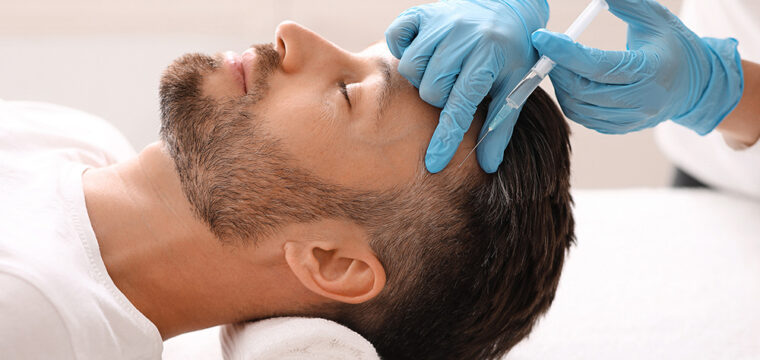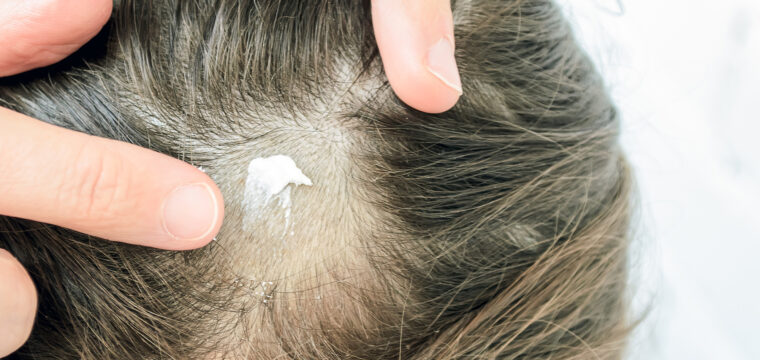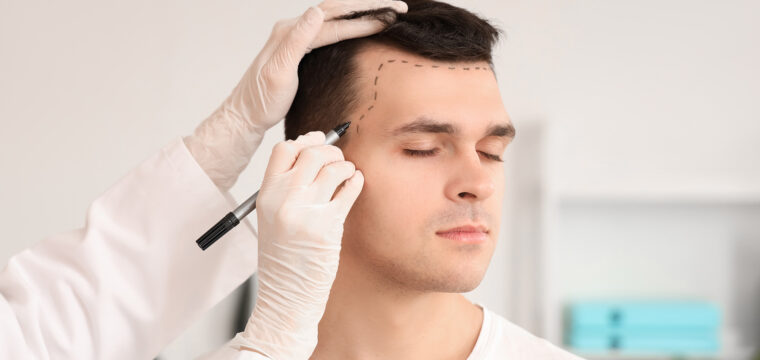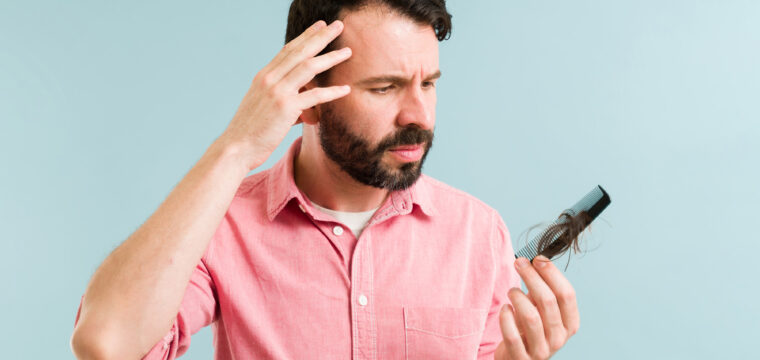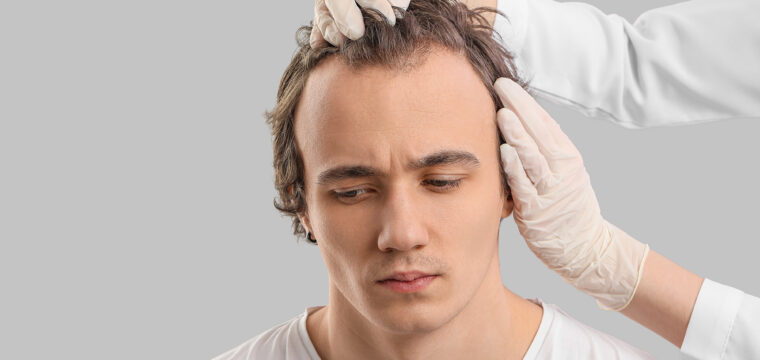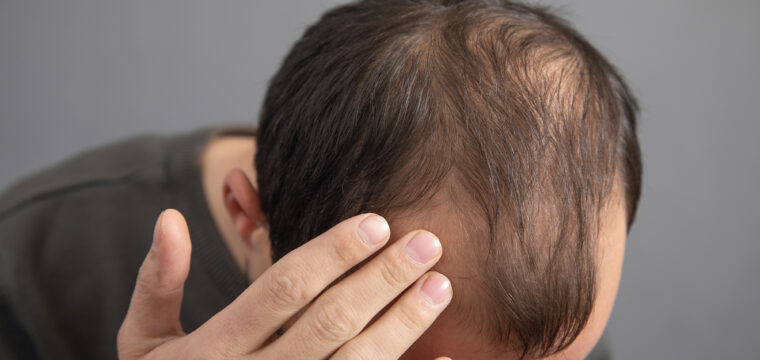Last updated on March 15, 2024
While it is normal to lose hair, alopecia is very different. This range of hair loss conditions affects millions of people worldwide, posing not only physical challenges but also emotional and psychological challenges. Here’s some insight into alopecia from Hair Doctors, the only fully doctor-led hair clinic in Australia. We will look at the causes of alopecia, the symptoms of alopecia, and how to treat alopecia.
Types, Causes and Symptoms of Alopecia Areata
Before we look at how to treat alopecia, it’s important to know that this term covers several different hair thinning conditions with different causes and specific treatment requirements.
The most common types of alopecia are alopecia areata and androgenetic alopecia.
- Alopecia areata is one of the more common autoimmune diseases, and causes the immune system to attack hair follicles to cause patchy hair loss.
- Androgenetic alopecia, or male or female pattern baldness, is influenced by genetic factors and hormonal changes. For women, it can also be associated with risks of polycystic ovary syndrome (PCOS)
The most severe alopecia type is alopecia totalis, also called alopecia universalis, which is a complete permanent loss of hair on the scalp, and is thought to also be an autoimmune disorder.
A proper diagnosis by a healthcare professional is crucial to determine the specific type and cause of alopecia, if it is temporary or permanent hair loss, examine hair follicle health, as well as your treatment.
Medical Treatments for Alopecia
You can treat alopecia with medications that include:
- Topical medications like minoxidil, which stimulates new hair growth by increasing blood flow to the hair follicles
- Oral medications like finasteride, which inhibit the hormone dihydrotestosterone (DHT), which contributes to hair loss
- Corticosteroid injections are a useful type of alopecia areata treatment, as it suppresses the immune system’s attack on hair follicles.
- Growth factor hair regrowth treatments can help to stimulate hair follicles to increase new hair growth.
Before starting any medications to treat alopecia areata or other forms of alopecia, it is important to consult a medical professional to assess your health status and provide a diagnosis, discuss potential side effects, and determine the most suitable course of action to regrow hair.
Natural Alopecia Areata Treatments
Non-medical treatments and lifestyle changes can play a vital role in how to stop alopecia and treat alopecia naturally.
- Scalp massages and adopting gentle hair care routines can promote blood circulation and support overall hair regrowth and health.
- Dietary changes, incorporating nutrient-rich foods and supplements recommended by your medical practitioner, contribute to nourishing hair follicles and new hair growth.
- Stress management techniques, including meditation and yoga, can also mitigate the impact of stress that can cause further hair loss.
Incorporating these approaches into daily life not only supports hair health but also contributes to overall well-being. Small, consistent changes can bring about significant results over time.
How to Treat Alopecia with Hair Restoration Procedures
For individuals with female or male pattern hair loss, advanced hair loss, or severe alopecia areata, various hair restoration procedures offer a viable option for treating bald patches, supporting hair growth, and regaining a fuller head of hair.
Hair transplant surgery involves relocating hair follicles from one part of the scalp to another, providing a permanent solution. This is most likely to be recommended for severe androgenetic alopecia or as alopecia universalis treatment. Platelet-rich plasma (PRP) and PRF (platelet-rich fibrin) therapies utilise the body’s own growth factors to stimulate hair growth.
Understanding the mechanisms and success rates of these procedures is crucial for making informed decisions. Consulting with a qualified medical professional ensures an accurate assessment of your individual needs and how to treat alopecia in your specific case.
Coping Strategies and Emotional Support
The emotional toll of hair loss should not be underestimated. Coping strategies, such as joining support groups and fostering self-acceptance, can be instrumental in reducing stress and navigating the emotional challenges associated with hair loss.
Recognising the interconnectedness of mental health and hair loss is essential for developing a holistic approach to treating alopecia, and at Hair Doctors, we can provide expert advice to help people cope with both the physical aspects and the emotional and psychological impacts of hair loss.
Frequently Asked Questions
How Do You Cure Alopecia?
While alopecia cannot be prevented or cured, there are treatment options available that help to alleviate hair loss. Ongoing research offers hope for future breakthroughs in how to treat alopecia – and eventually perhaps how to cure alopecia.
Want to know more about how to treat alopecia and get a personalised treatment plan?
Speak to Hair Doctors, where we focus on helping our patients restore their self-confidence and feel at ease with how they look, regardless of the extent of their hair loss.






